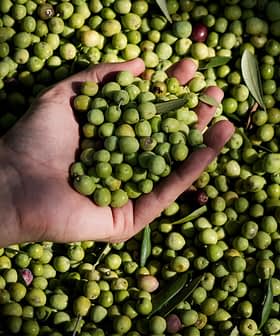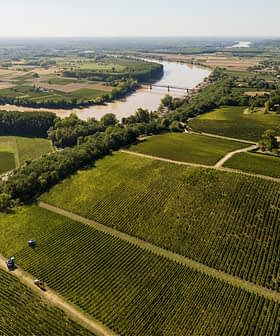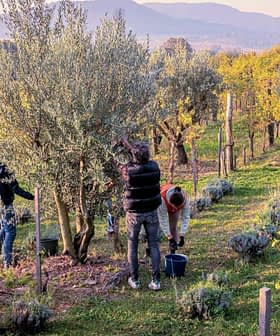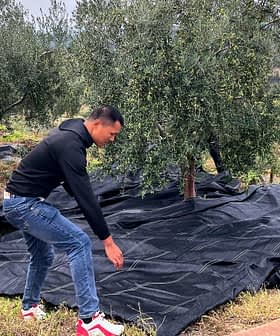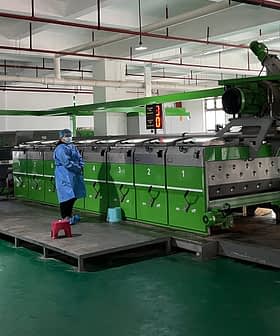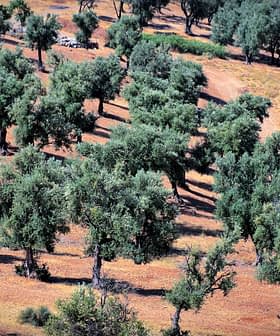Farmers in Morocco Prepare for Modest Yield
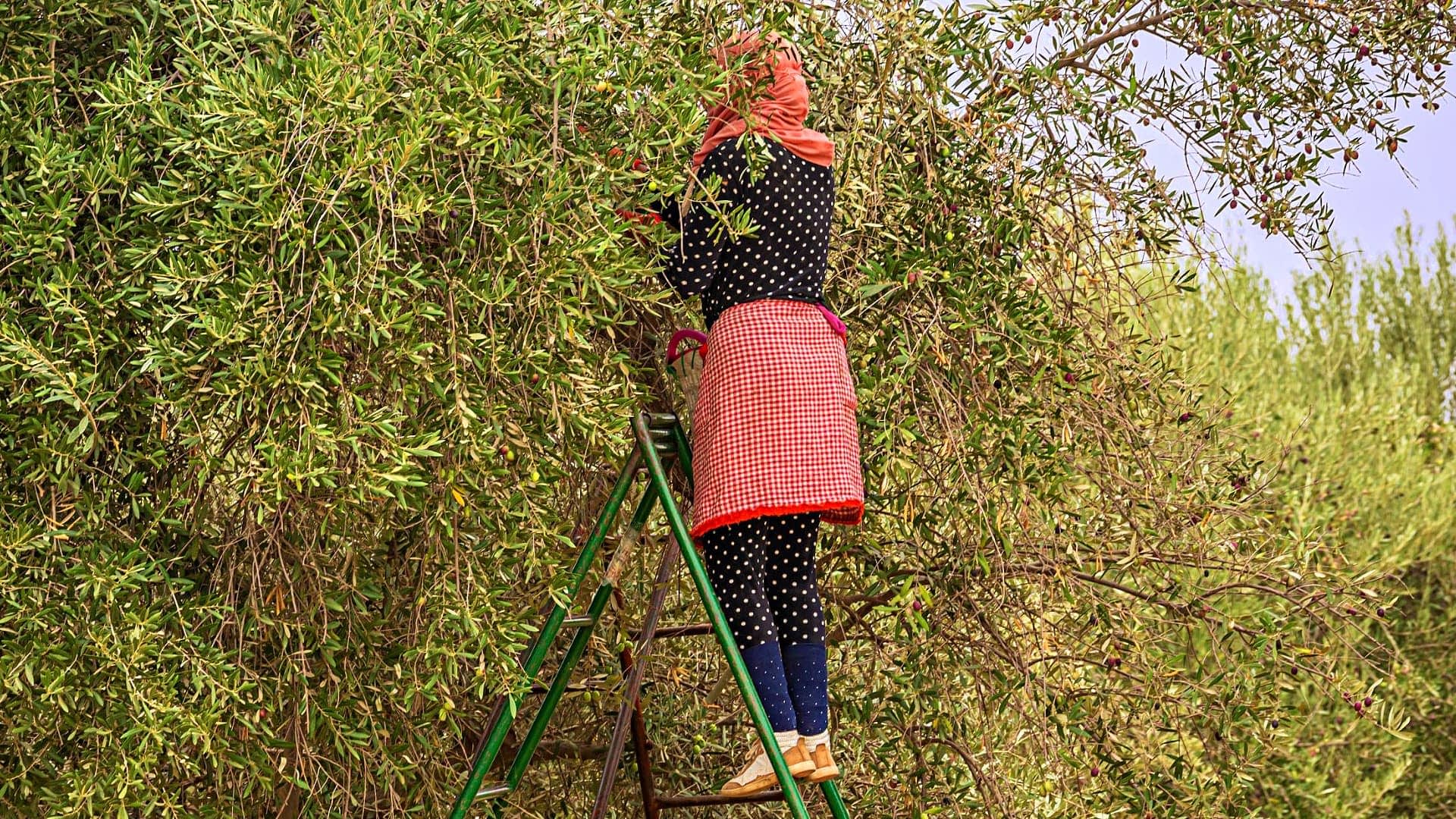
Olive growers in Morocco are expecting very low yields this year due to the severe effects of a prolonged drought, with industry organizations and local experts predicting a significant drop in production. The drought, worsened by heatwaves and wildfires, has caused water reserves to drop significantly, leading to water rationing measures and a call for citizens and farmers to ration their water use and adopt strategies to conserve water resources.
Olive growers in Morocco anticipate very low yields as the harvest approaches. Citing the severe effects of the prolonged drought, industry organizations and local experts said that last season’s record harvest will not be repeated this year.
“Given the very low levels of groundwater and reservoirs and the scarce rainfall reported during the year, we expect overall olive production to be quite low,” Rachid Benali, president of Morocco’s interprofessional olive oil association (Interprolive), told local media.
All the olive-growing regions of Morocco will suffer a very significant drop in production.
“In the last two years, the olive trees have suffered [from drought] and were not in the condition to regain access to sufficient water and nutritional resources,” he added. “Like with many other crops, the olive tree needs water for the whole duration of its fruiting season, which means from February to October or November.”
Rainfall scarcity throughout winter and spring did not replenish water reserves, while repeated heatwaves and wildfires have tested local farming operations. The blazes displaced more than 3,000 families and destroyed more than 10,000 hectares of forest.
See Also:2022 Harvest UpdatesAccording to an editorial from Hespress Français, the effects of the drought are especially harsh in two of the most relevant olive-producing regions: Marrakech-Safi et Fès-Meknès.
In the country’s north-central and northeastern regions, an extraordinarily hot and dry summer resulted in a lack of water for irrigation systems. The two regions account for almost 50 percent of the national olive production.
“Apart from the eastern region, all the olive-growing regions of Morocco will suffer a very significant drop in production,” Benali told a separate local media outlet.
Moroccan authorities said the current drought is the worst of the last three decades.
Most regions and city councils adopted water rationing measures. As a result, drinking water flows were reduced, while water-intensive household activities, such as gardening or irrigation, were suspended.
The country’s water reserves are now estimated at 28 percent of their capacity, compared with the 46 percent reported last year.
According to a recent World Bank report cited by The North Africa Post, the effects of climate change, including droughts and floods, have cost the country more than €580 million annually.
In the last decade, Moroccan olive production has been growing along with the nationwide efforts to promote a modern approach to olive farming.
According to the International Olive Council, Morocco produced 145,000 tons of olive oil in the 2019/20 crop year, 160,000 tons in 2020/21 and 200,000 tons in 2021/22. These production figures place the country among the world’s most relevant non-European olive oil producers.
Overall, the olive sector represents around 5 percent of all Moroccan agricultural production.
According to Benali, the current situation requires citizens and farmers to ration their water use.
“Our efforts must be directed towards the rational use of our water resources by transferring water from the Al Wahda dam to other regions, limiting water-intensive crops, prohibiting irrigation, building several small dams and reforesting forests,” he said.


